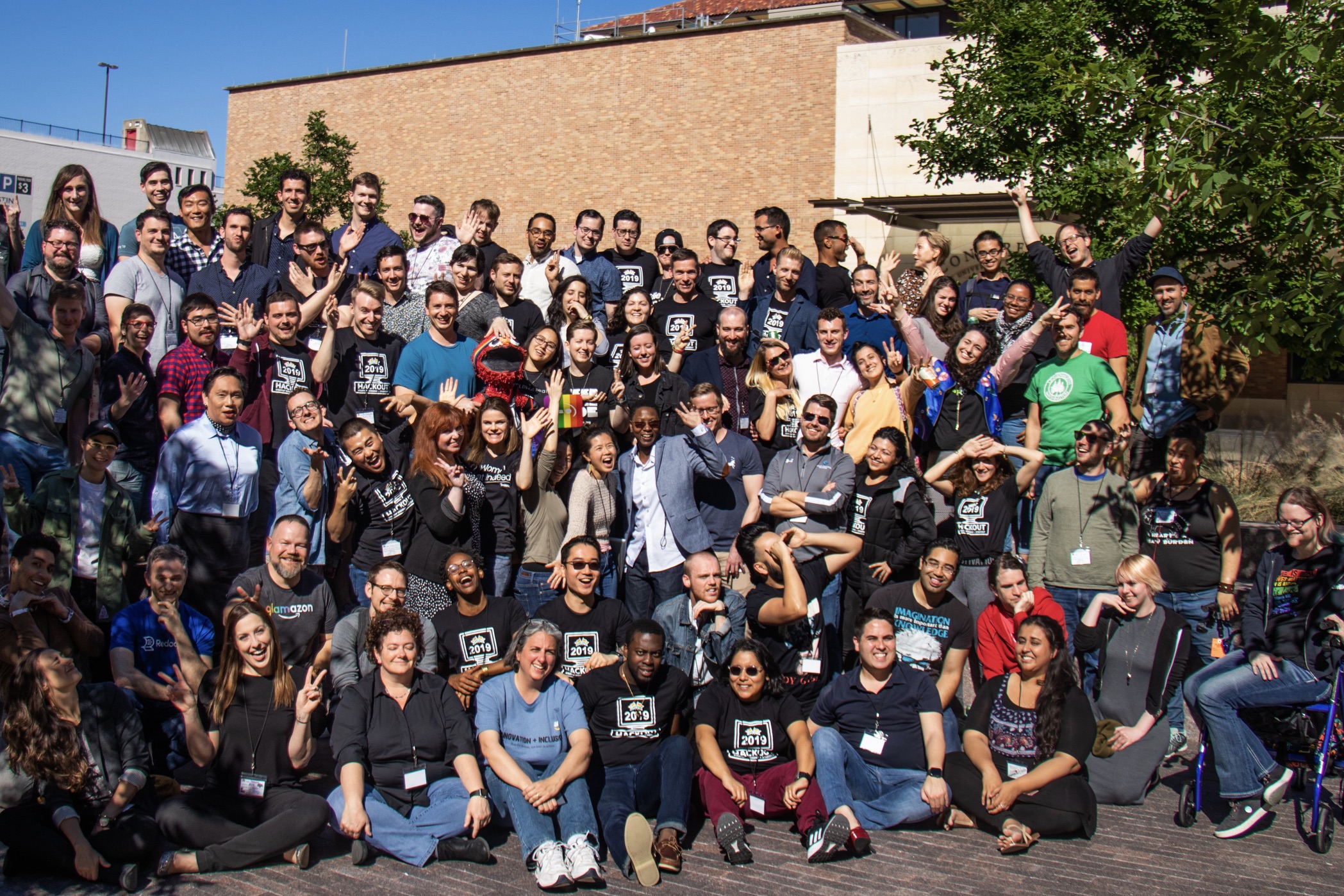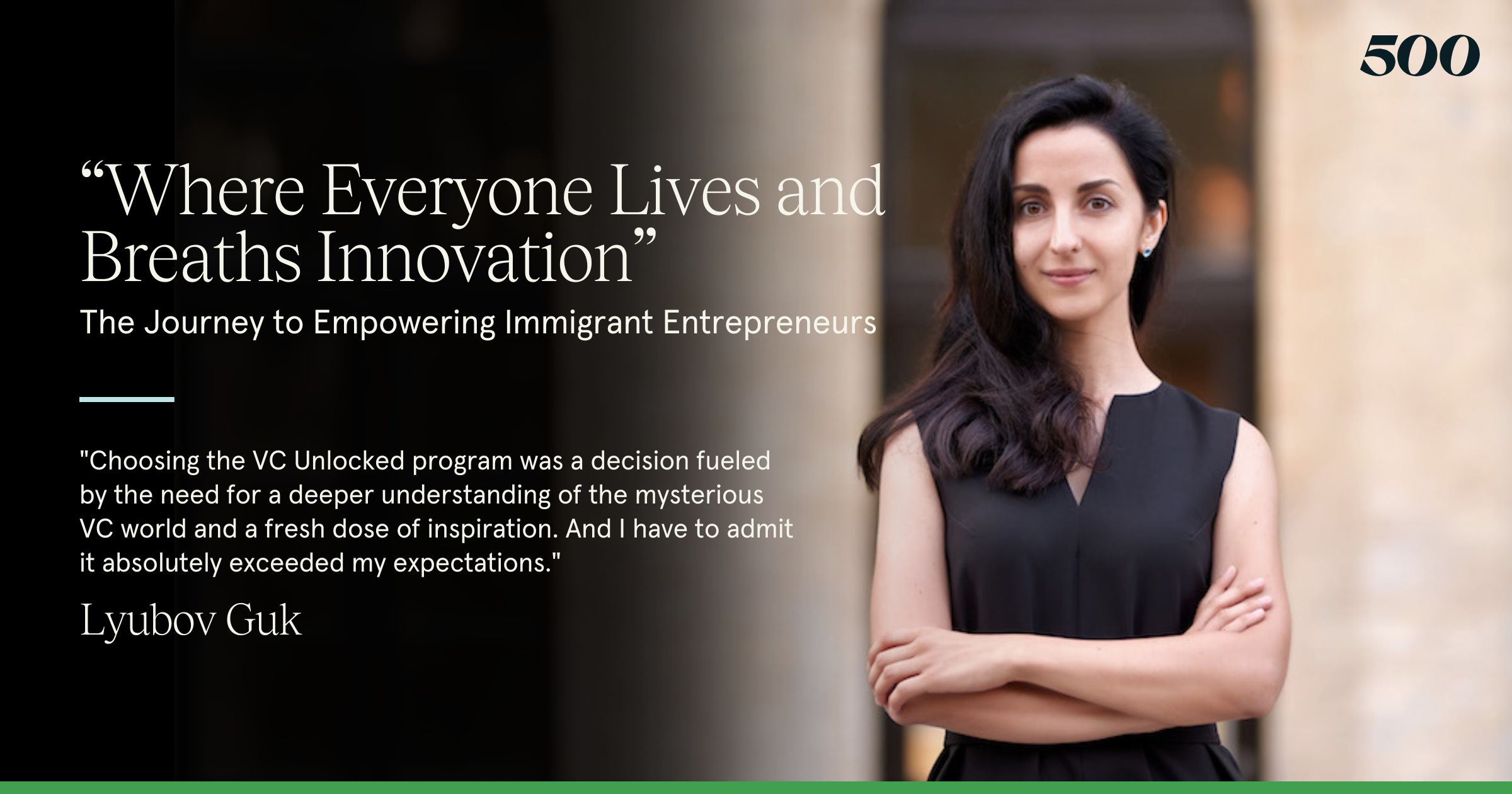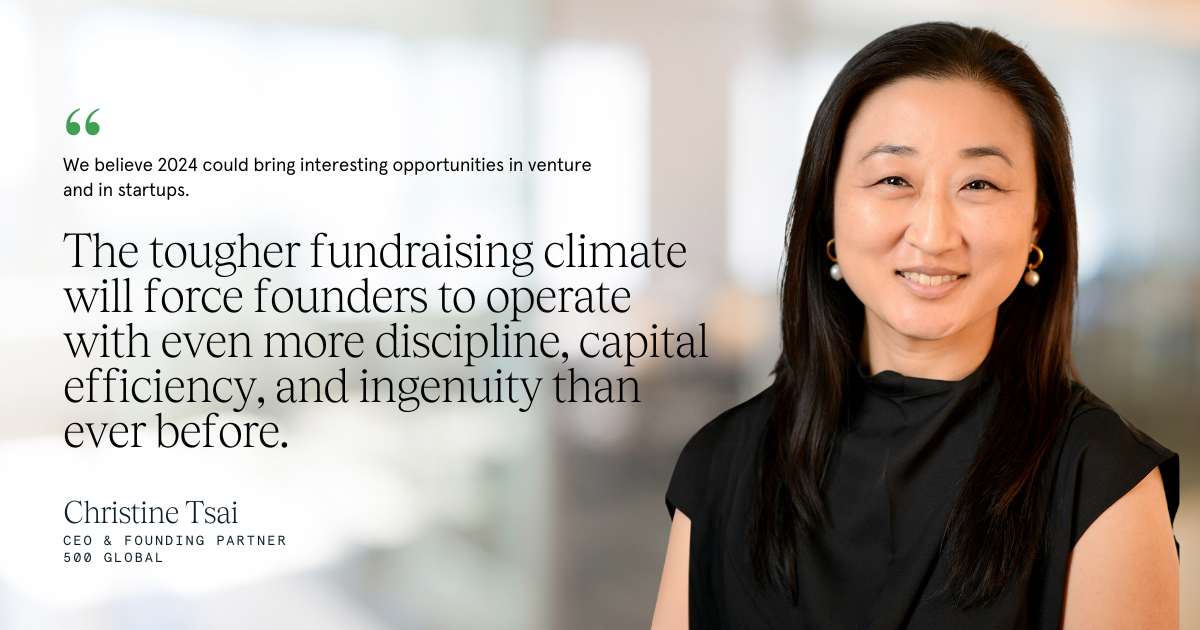Every year countless dollars in potential economic growth, jobs created, and community accretion are lost due to a legacy of discrimination against LGBTQ+ entrepreneurs.
The most maddening part of this narrative is that the economic well-being of entire communities, whether they are disadvantaged, marginalized or otherwise, are impacted by this fact. The broad ranging economic impact of discrimination underscores the truly insidious — and often unrecognized — secondary effects of bigotry. In today’s economic environment that negative impact will only grow more pronounced and dire for all American communities.
Discriminatory policies impact generation after generation of ancillary communities, workforces and businesses that extend well beyond LGBTQ+ circles. Every year that we’re unable to roll back centuries of systemic discrimination in American cities and towns only condemns future generations (LGBTQ and non-LGBTQ alike) to the same economic fate.
Despite the many diversity measures seen across America of late, LGBTQ+ entrepreneurs still lack equitable access to startup capital. Many of these diverse would-be entrepreneurs also often lack the kind of funding support network that’s needed to move beyond just having a great idea. The challenges to greater inclusion are real.
Driving Economic Growth and Creating Jobs Through Intentional Venture Capital
Equal access to funding and resources would lead to 10 times more LGBTQ+ entrepreneurs in the U.S. Why is that important? It’s estimated that states with unfriendly LGBTQ+ policies have lost over 1 million jobs as a result of LGBTQ+ entrepreneurs moving to friendlier environments. In today’s economic climate that kind of self-inflicted wound can be devastating for struggling communities that are far removed from urban centers.
Consider that of the $5 billion in funding raised by LGBTQ+ entrepreneurs over the past 20 years, the vast majority ($3.9 billion of that total) was limited to San Francisco. The data also indicates that over 2 million jobs could have been created across the United States if only entrepreneurs from marginalized groups had equal access to resources.
That kind of economic jolt provided by an empowered entrepreneurial class is not just nice to have. In today’s challenging macro environment, it’s vital. Yet, the only way to achieve these kinds of results is to create entrepreneurial ecosystems built upon the values of diversity, equity, and inclusion so that all entrepreneurs have the same access to opportunities and resources regardless of who they are, how they identify, or where they live.
Creating More inclusive Workplaces
Focusing on LGBTQ+ entrepreneurs also necessarily means creating inclusive workplaces. The U.S. economy could generate an extra $9 billion annually if companies simply improved their ability to retain LGBTQ+ talent by implementing inclusive policies, a report by Out Now estimates.
Simply put, diverse workforces make businesses more money, which in turn means more jobs which in turn engenders more vibrant and prosperous communities. Just by letting LGBTQ+ members create and grow their businesses with inclusive workspaces helps lift entire communities via the economic growth these spaces drive.
Stopping the Gay Brain Drain
The term ‘gay brain-drain’ refers to the “movement of people belonging to sexual and gender minorities away from population centers” that are unfriendly or actively discriminatory towards the LGBTQ+ community.
In 2020 StartOut–a non-profit organization that’s focused on democratizing the entrepreneurial potential of the LGBTQ+ community and on whose board I sit as Chair–launched the StartOut Pride Economic Index˚(SPEII). Since then, SPEII has tracked and measured the unrealized potential of “out” high-growth LGBTQ+ entrepreneurs for the benefit of the US economy at large. Looking at the entrepreneurial environment in the United States, it continues to paint a stark picture for “out” entrepreneurs.
As noted by StartOut previously, LGBTQ+ startup founders are completely absent in two-thirds of the 77 cities with 50 or more high-growth entrepreneurs.
This point is particularly salient when one considers larger population forces impacting rural America. Recent data from the 2020 Census revealed a rural population decline between 2010 and 2020. That marked the first decade-long rural population loss in history.
The Time is Now
With the Fed signaling further interest rate increases over the next year and stuck, as we seemingly are, in bear market territory, many venture capitalists are predicting stalled growth in the venture market. They indicate an inclination to be more selective until the market’s direction reveals itself more positively. Steady increases in inflation only serve to cloud the picture.
This is the grim backdrop against which we must consider the imperative to act to level the entrepreneurial playing field. Even during the best of times, ensuring equitable access to capital for LGBTQ+ entrepreneurs is an uphill battle. The specter of inflation, economic recession and other negative macro-economic forces means the goal of equal access to capital will only be more difficult to achieve in the coming months and years.
It’s fair to say that the LGBTQ+ community of entrepreneurs has been marginalized and forced to play the role of underdog all its life. I have seen firsthand how hard founders have had to work and how much more they have to do with less. Yet even this admirable trait of resiliency will be challenged like never before by the undeniable macroeconomic headwinds we are facing.
By now, it’s clear that those who will suffer from this fundamental lack of access to resources will extend well beyond the LGBTQ+ community. The system is not just unjust, it’s inefficient. At a time when we need more than ever the robust economic drivers that a diverse and equitable entrepreneurial class creates, we must act with increased focus and determination to reverse the tide and take advantage of the societal value we are needlessly leaving on the table.
CHRIS YOUNG IS A GUEST POSTER AND ANY VIEWS OR OPINIONS REPRESENTED IN THE ABOVE POST ARE PERSONAL AND DO NOT REPRESENT THOSE OF 500 GLOBAL OR ANY OF ITS STAFF OR AFFILIATES UNLESS EXPLICITLY STATED. ALL CONTENT REPRESENTED ABOVE IS PROVIDED FOR INFORMATIONAL PURPOSES ONLY. 500 GLOBAL MAKES NO REPRESENTATIONS AS TO THE ACCURACY OR COMPLETENESS OF ANY INFORMATION CONTAINED IN THE ABOVE POST. NO LIABILITY CAN BE ACCEPTED FOR ANY ERROR OR OMISSIONS. UNDER NO CIRCUMSTANCES SHOULD ANY OF THE ABOVE CONTENT BE CONSTRUED AS LEGAL, TAX OR INVESTMENT ADVICE FROM 500 GLOBAL OR ANY OF ITS AFFILIATES. 500 GLOBAL DOES NOT GUARANTEE ANY FUTURE RESULTS FOR ANY DECISIONS MADE BASED IN WHOLE OR IN PART ON THE CONTENT OR INFORMATION CONTAINED IN THIS POST.
UNDER NO CIRCUMSTANCES SHOULD ANY INFORMATION OR CONTENT IN THIS POST, BE CONSIDERED AS AN OFFER TO SELL OR SOLICITATION OF INTEREST TO PURCHASE ANY SECURITIES ADVISED BY 500 GLOBAL OR ANY OF ITS AFFILIATES OR REPRESENTATIVES. UNDER NO CIRCUMSTANCES SHOULD ANYTHING HEREIN BE CONSTRUED AS FUND MARKETING MATERIALS BY PROSPECTIVE INVESTORS CONSIDERING AN INVESTMENT INTO ANY 500 GLOBAL INVESTMENT FUND.
LOGOS AND TRADEMARKS OF THIRD PARTIES REFERENCED HEREIN ARE THE LOGOS AND TRADEMARKS OF THEIR RESPECTIVE OWNERS. ANY INCLUSION OF SUCH TRADEMARKS OR LOGOS DOES NOT IMPLY OR CONSTITUTE ANY APPROVAL, ENDORSEMENT OR SPONSORSHIP OF 500 GLOBAL BY SUCH OWNERS.





